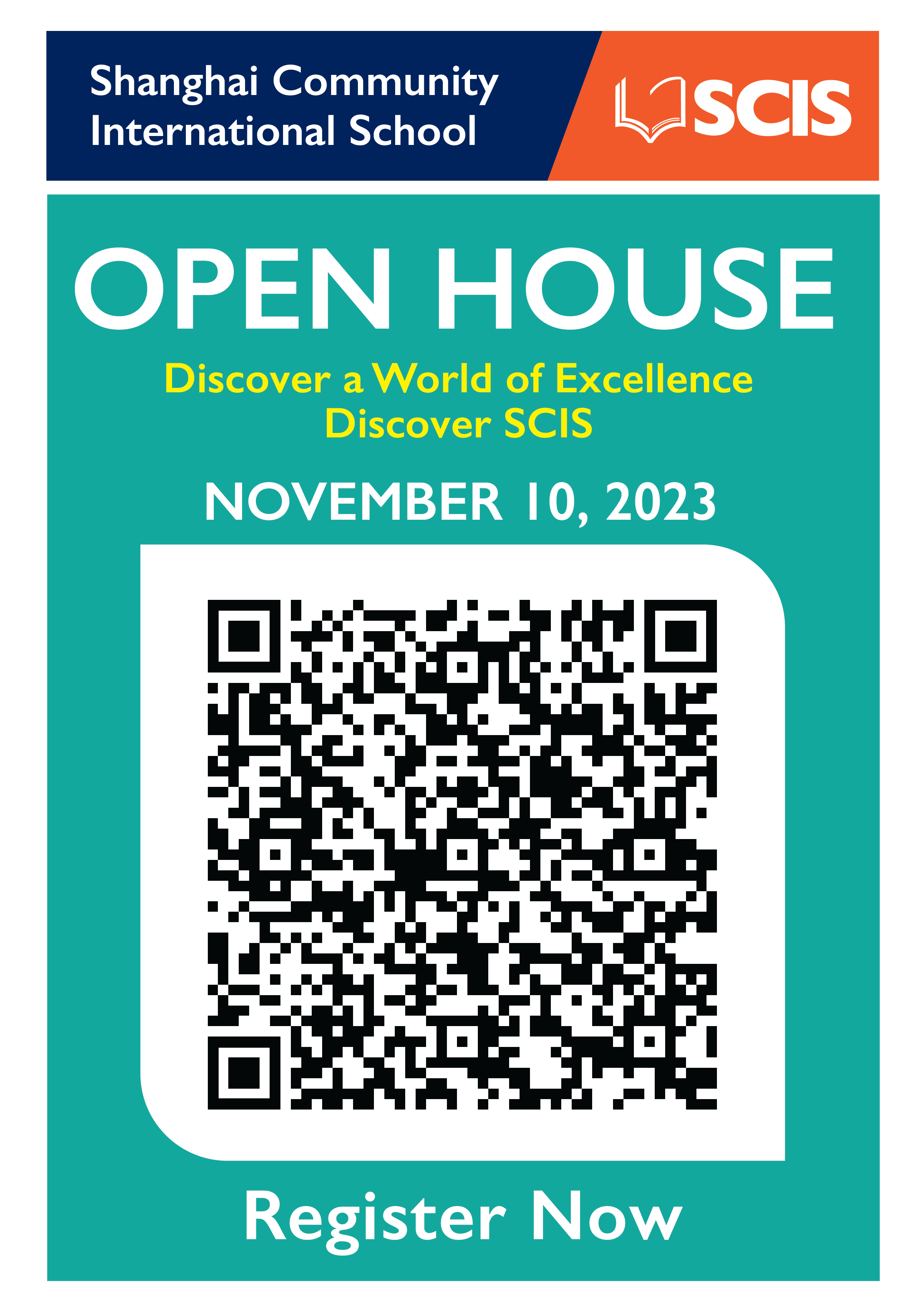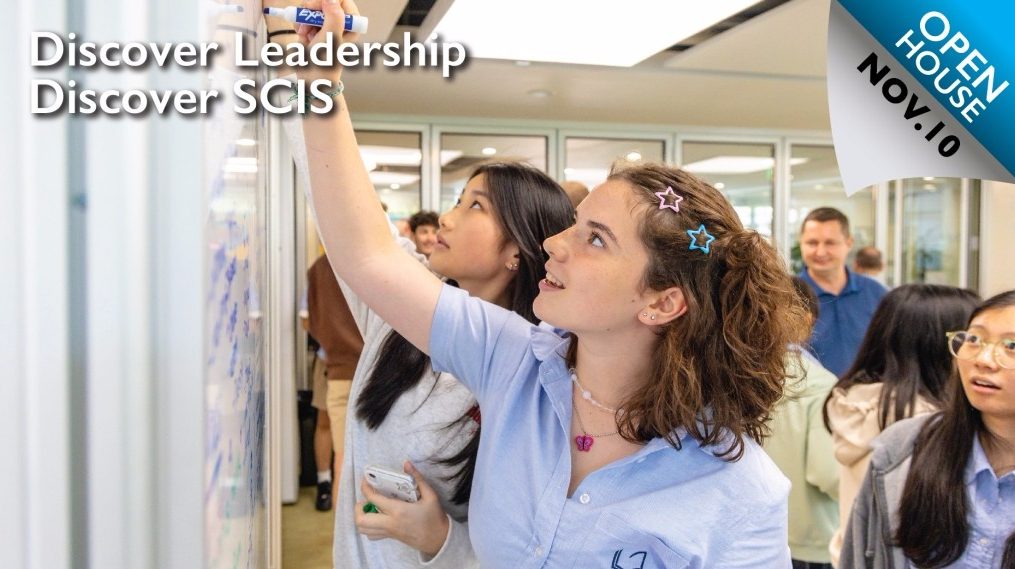Beyond Academics: 6 Key Skills of Successful Students
Written by J. Haakon Gould, Service Learning Coach, DP CAS Coordinator, Head of Individuals & Societies Department, and DP Global Politics at SCIS Hongqiao
The International Baccalaureate (IB) Diploma Programme (DP) curriculum encompasses six subject groups, complemented by Extended Essay (EE), Theory of Knowledge (TOK), and Creativity / Activity / Service (CAS) – collectively known as ‘The Core.’

At Shanghai Community International School (SCIS), CAS represents the apex of students’ experiential learning journey that aligns with developing the six key skills of becoming a successful student: reflective, empowered, balanced, leadership, connection, and positionality.
CAS extends beyond mere programmatic guidance; it encourages students to uncover their unique ‘why’ while addressing the six intended outcomes for holistic personal development beyond academics.
Reflective
John Dewey’s wisdom, “We don’t learn from experience. We learn from reflecting on experience,” emphasizes the transformative power of reflection in a student’s journey to success. It highlights that success isn’t just about accumulating experiences but rather about the thoughtful process of learning from those experiences.
Reflective students become architects of their knowledge, extracting valuable lessons and developing resilience and problem-solving skills, essential for success. Reflection bridges experiences and wisdom, cultivating individuals who approach life’s challenges with insight and adaptability.
Empowered

As students transition through their formative years, adults often take the lead in day-to-day decisions. This phase is marked by the flexibility and fluidity of their identities.
Yet, stepping into the role of initiating and planning a CAS experience isn’t without its challenges. For larger projects, embracing collaboration can be the key to overcoming these hurdles.
Balanced
“CAS embodies harmony,” Noemie reflects. The term ‘harmony’ holds profound significance, resonating differently across cultures and domains. It encapsulates the idea of diverse elements coming together to create completeness, marking a profound revelation.
Yet, there’s a common thread: the capacity to showcase commitment and unwavering determination in every experience undertaken.
Leadership

Trust the students. Building opportunities for their voices to be heard can instill confidence and strengthen the community.
Sharing experiences of transition can be an opportunity for a collective reflection on how challenges have been undertaken, and new skills are developed in the process.
Connection
Mental health is a global concern, and connecting with it in a meaningful way is essential. Dr. Jane Larson, a keynote speaker at the recent ACAMIS Spring Leadership Conference, emphasized the role of education in well-being.
She also questioned how schools involve student voices. A Grade 11 student, Suhani C., believes this topic is crucial, especially for young people, and the pandemic highlighted its importance for her.
Triple A, a student mental health group initiative, aims to connect students not only with each other but also with themselves, fostering well-being and resilience.
Positionality

In a recent TES Article, IB Director General Olli-Pekka Heinonen highlighted the role of international schools in addressing global issues. He emphasized the importance of embedding in local cultures, valuing individual uniqueness, and respecting diverse perspectives. At SCIS, they emphasize ethical decision-making in service learning, acknowledging that mistakes are valuable learning opportunities while prioritizing harm reduction.
In Conclusion

In conclusion, the IB programme at SCIS is more than just a curriculum; it’s a transformative journey that equips students with the six key skills of success: reflective thinking, empowerment, balance, leadership, connection, and understanding of their position in the world.
Through CAS, students learn that true success is not merely a collection of experiences, but a profound process of reflection and learning from those experiences.
They emerge as empowered individuals, capable of navigating challenges and embracing collaboration, finding harmony in their pursuits, and assuming leadership roles in their communities.
With a strong emphasis on well-being and connecting with others, they develop empathy and resilience while understanding the importance of respecting diverse perspectives.
This holistic approach, guided by the IB’s principles, prepares students not only for academic excellence but also for a life of purpose and a positive impact on the world.
Register Now for the SCIS Open House

[All images courtesy of SCIS]
